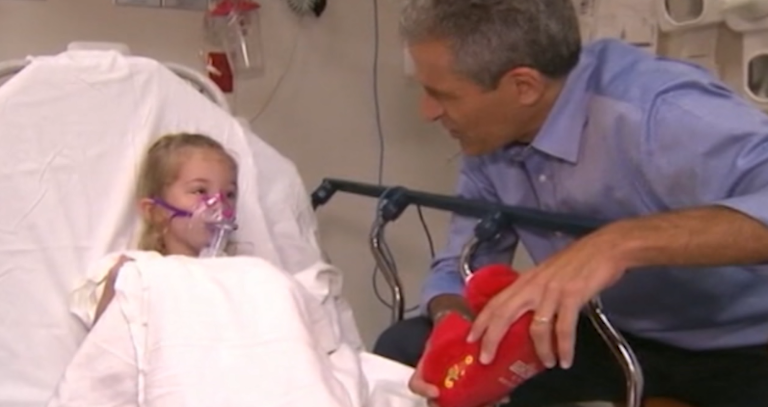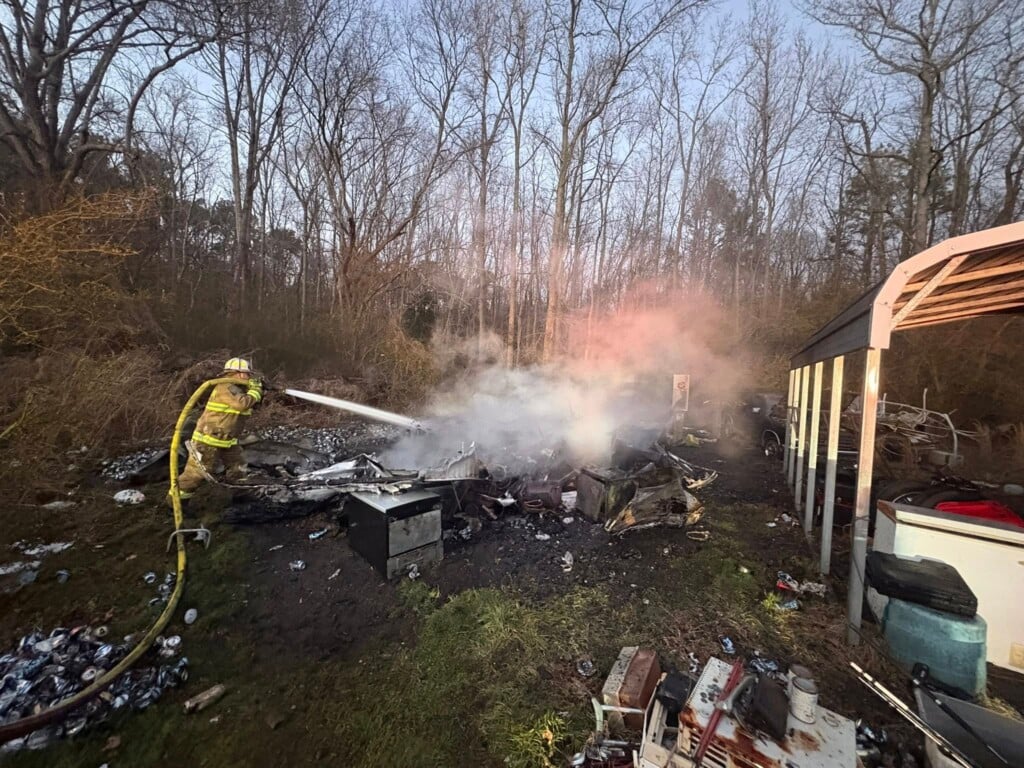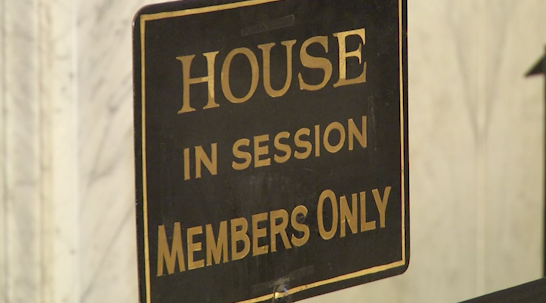Maryland health officials on what parents should know about RSV

SALISBURY, Md. – RSV cases remain a concern for parents across the country, including right here on Maryland’s Eastern Shore.
Maryland health officials want parents to be aware of the virus and take steps to protect their children as local hospitals implement plans to combat a potential surge in hospitalizations.
“We’re hearing it from our hospitals and we’re seeing it around the state, including on the Eastern Shore, that kids are getting RSV and other viruses,” explained Jinlene Chan, M.D., Deputy Secretary, Public Health Services.
A virus that usually is of concern in the winter, has now become concern in the fall as health officials continue to caution parents to take extra steps to protect their children.
“Parents can do a lot to help their own families as well as others because if you see that your child is sick, keep them home and keep a good, close eye on them and call your pediatrician,” Dr. Chan explained. “Obviously, if there’s any trouble breathing we want families to seek care but, for the most part, many cases can be very mild and can be cared for at home.”
If your child has a mild case of RSV, and you care for them at home, health officials say you should be on top of symptoms and monitor their breathing.
“Monitor their temperature, monitor their intake, and especially their breathing,” Dr. Chan emphasized. “If they have any trouble breathing, call your pediatrician, you may need to seek a higher level of care.”
If a child needs to be hospitalized, in most cases, it’s just a matter of bringing up their oxygen levels, according to Dr. Sally Dowling, Vice President of Medical Affairs for Atlantic General Hospital in Berlin.
“If they’re sick enough to be in the hospital, typically it’s just a matter of giving them oxygen until the virus starts clearing and the body can maintain the oxygen level on its own,” Dr. Dowling explained as she emphasized that most cases are usually mild and do not require hospitalization.
Hospitals across the Eastern Shore have implemented plans in case of a potential surge, including Atlantic General Hospital.
“Parents do not need to worry,” Dr. Dowling stressed. “We will be able to take care of their children, it just might not be in the specific setting that it would be when we aren’t having such a surge, but we can definitely care for these children and we have plans in place to do so.”
Atlantic General Hospitals, and most other hospitals across the state and region, for the most part, are no where near capacity but are prepared in case hospitalizations increase as a result of a surge in cases.
RSV is a common respiratory virus that usually causes mild, cold-like symptoms including fever, cough, congestion, runny nose, sneezing, and in infants, fussiness and poor feeding. It then progresses to more severe symptoms such as fast or short breathing or wheezing, and in infants and young children, grunting noises when breathing, chest caving in during breathing, and skin turning purple or blue due to lack of oxygen.
RSV is spread through droplets from a person who coughs or sneezes, especially in or near your eyes, nose, or mouth. You can catch RSV when you have direct contact with a person who has the virus, or if you touch a surface that has the virus on it and then touch your face before washing your hands.
People who are infected with RSV can pass the virus on for 3 to 8 days after becoming infected. Some infants, and people living with weakened immune systems, may continue to spread the virus for as long as four weeks. RSV spreads quickly at school and child care centers and children can transmit the virus to other members of the household or family.
People of any age can develop RSV, it is most common in children under the age of two and can be severe, especially for infants and older adults. Most people will recover fully from the virus in a matter of one to two weeks.
There are several steps that parents can take to help keep their children safe, this includes frequent hand washing, social distancing, keeping your child home from school when they’re feeling sick, and most of the other safety precautions that have been taken over the course of the COVID-19 pandemic.
You can find more details and information on RSV at the Maryland Dept. of Health webpage.


